Age of Exploration
Trans-continental travel and the enlightenment
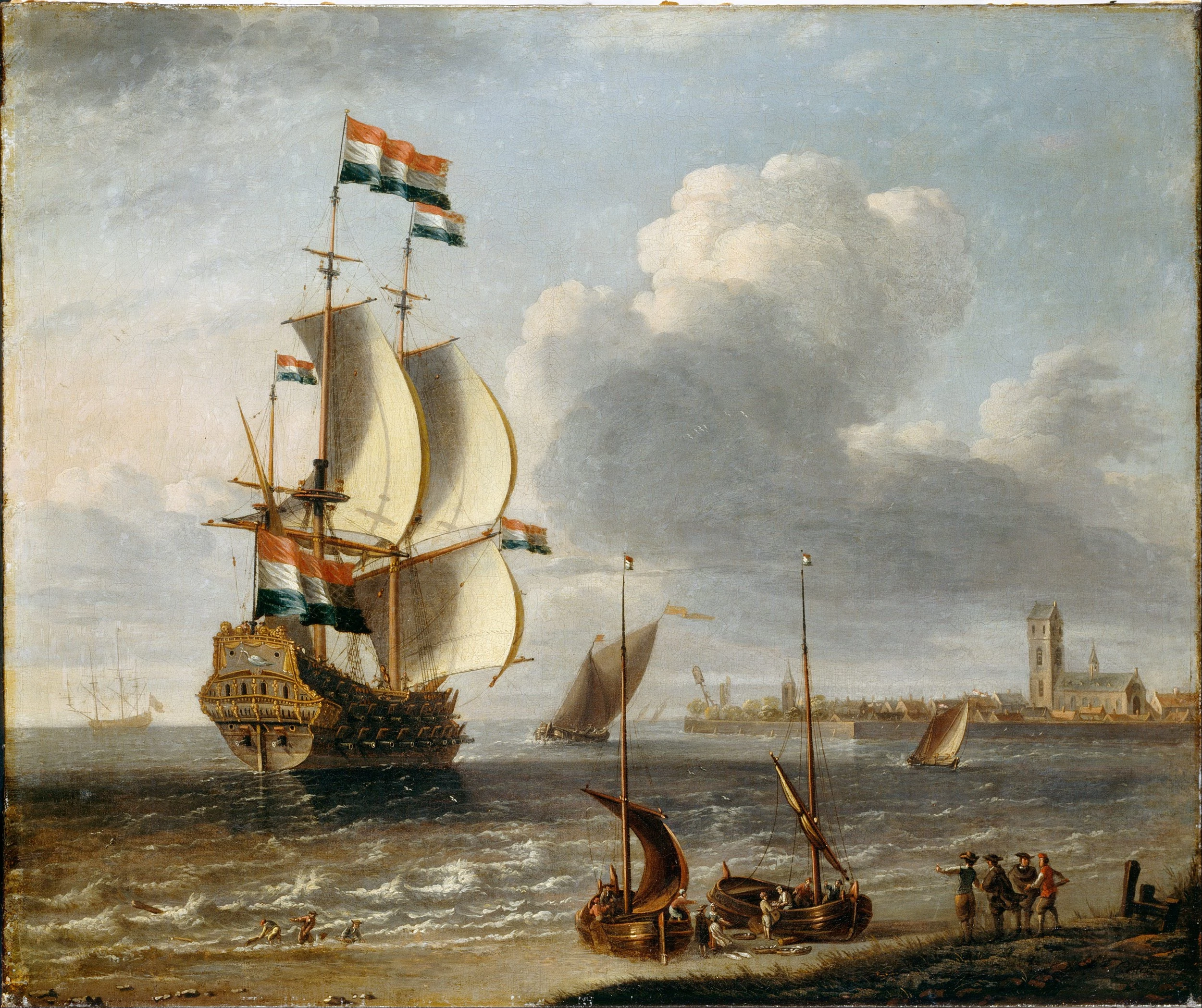

When you're looking at some “old paintings” chances are pretty good these artworks sit somewhere in a wide, loose slice of the timeline called by many names: Age of Discovery, the Contact Period, or the Age of Exploration. Leonardo da Vinci and the Vitruvian man? Yep he’s in there. Hokusai and his Great Wave? Definitely. Like most efforts to slice up history into clean lines, the Age of Exploration is a flawed, blurry concept—but its unifying theme is travel.
There was no single invention or political maneuver that kicked off the Age of Exploration. Many innovations, technologies and techniques came together to enable global travel, at first slowly, and then accelerating faster and faster into the first true global networks. For millennia, travel over land had been arduous and dangerous, and without sophisticated navigational tools, sea trade had largely stayed close to shore. When explorers returned with tales of far off lands bringing stories and exotic treasures, it was exciting, but it didn't change the economy. It didn't change culture. But the proliferation of the magnetic compass, an already ancient Chinese invention, evolutions of ship design like the Portuguese caravel and the massive Chinese bao chuan treasure ships, the miraculous maps of Arab geographers like Muhammad al-Idrisi, and many more right-place-right-time innovations, previously isolated cultures were connected by new trade routes, leading to an explosion of new media, new products, new culture.
It all ended badly when European powers realized they could extract more profit from the cultures they traded with if they colonized them, enslaving people and strip mining sacred artifacts like the Benin Bronzes. But the impact of global contact was also profound for art. New forms of expression, new sciences, and new beliefs were suddenly on the table.
...
Got questions, comments or corrections about Age of Exploration? Join the conversation in our Discord, and if you enjoy content like this, consider becoming a member for exclusive essays, downloadables, and discounts in the Obelisk Store.
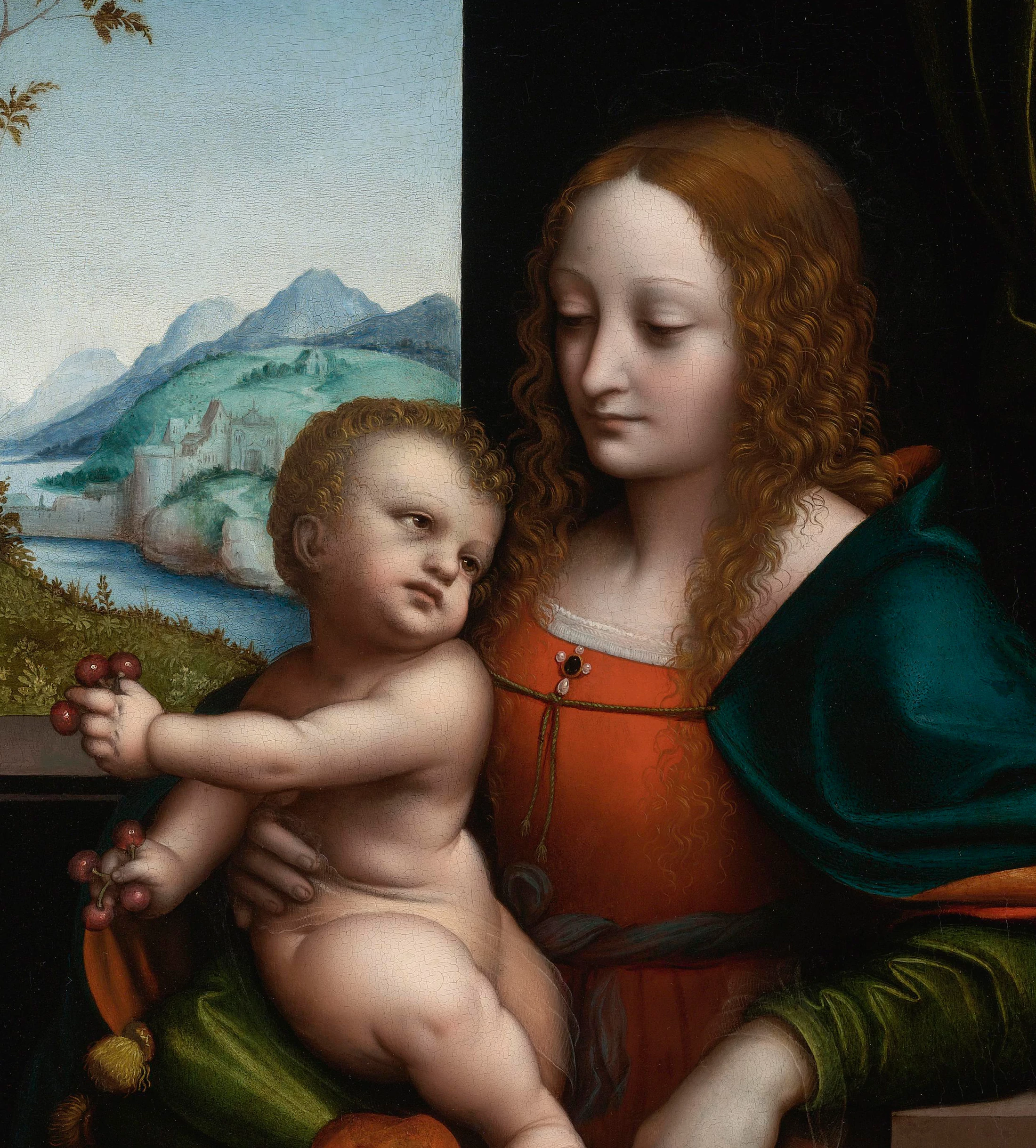
Cultural rebirth though intellectual inquiry
1350 – 1500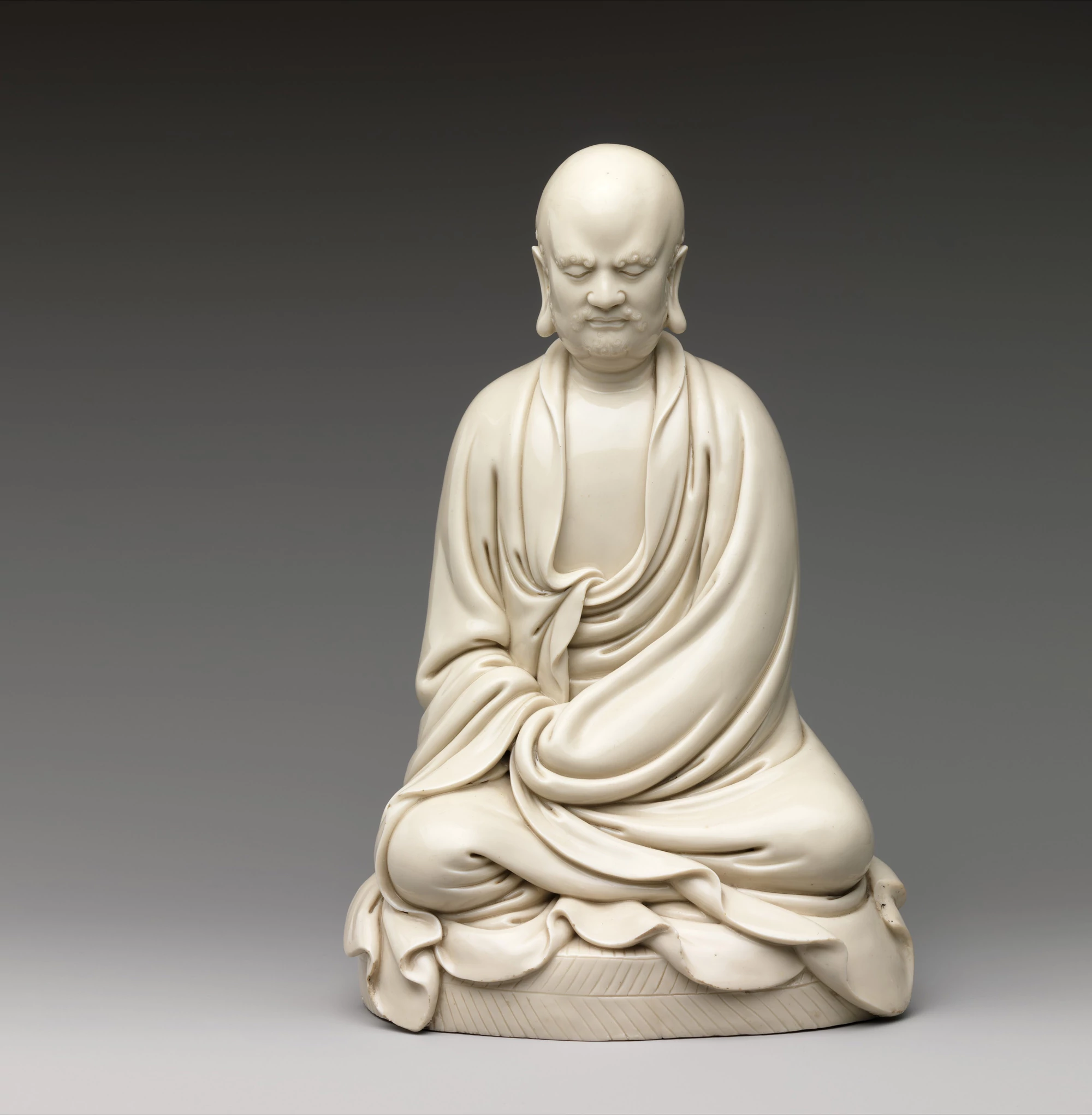
Orderly government and social stability
1368 – 1644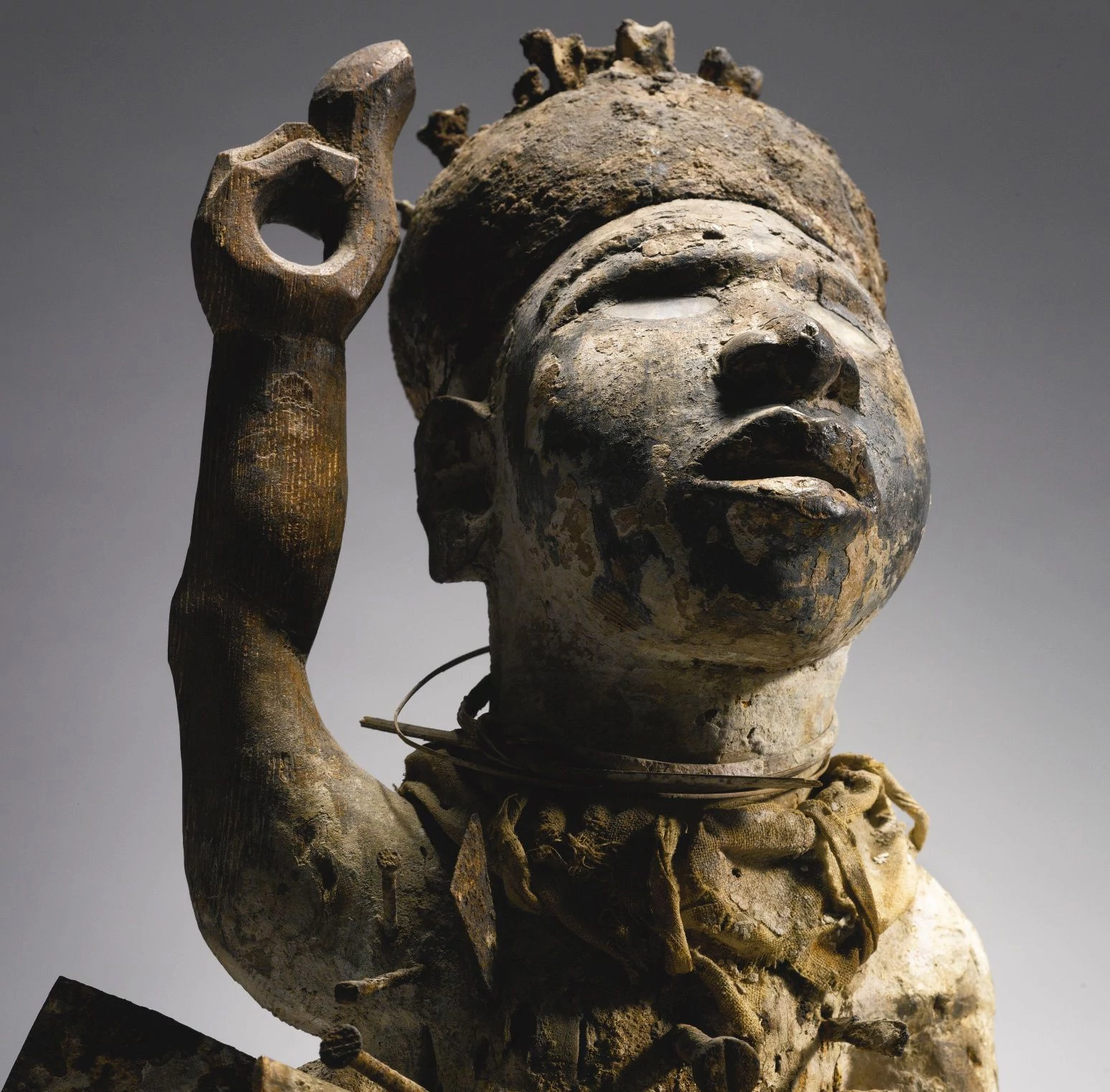
500 years of spirit objects and power plays
1390 – 1891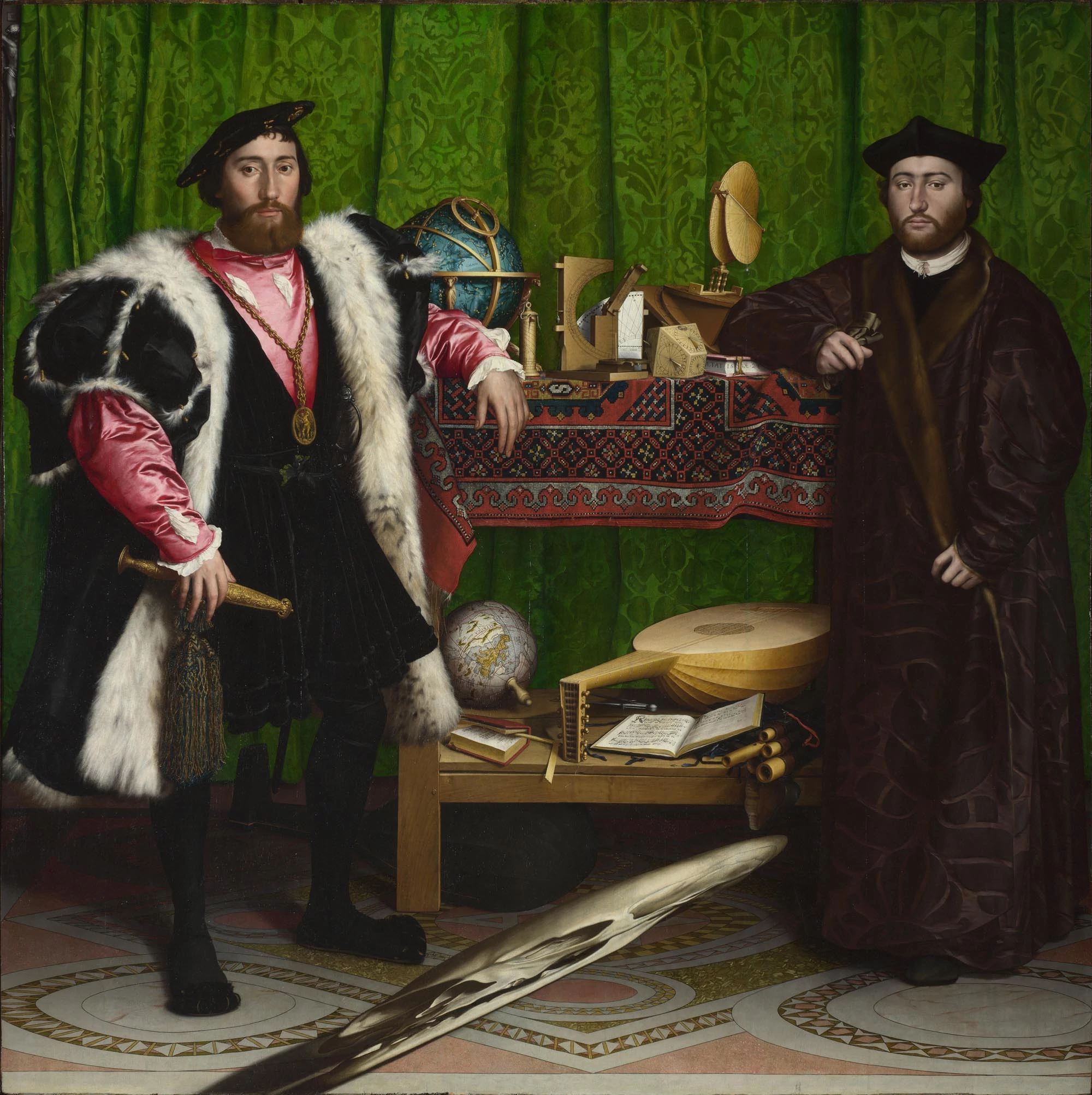
How Humanism beats down Feudalism with the printing press
1420 – 1650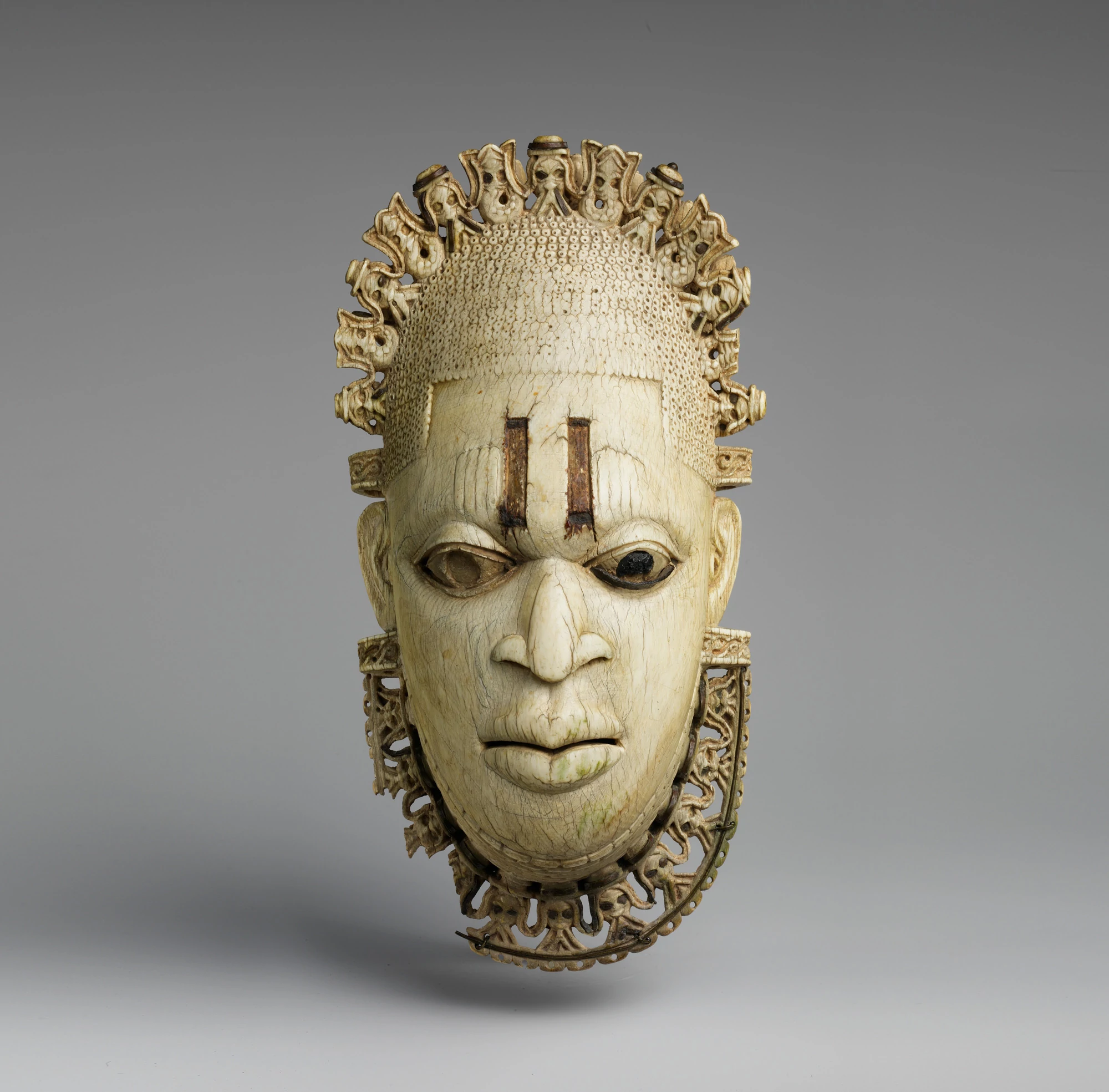
Sculpting divine history
1440 – 1897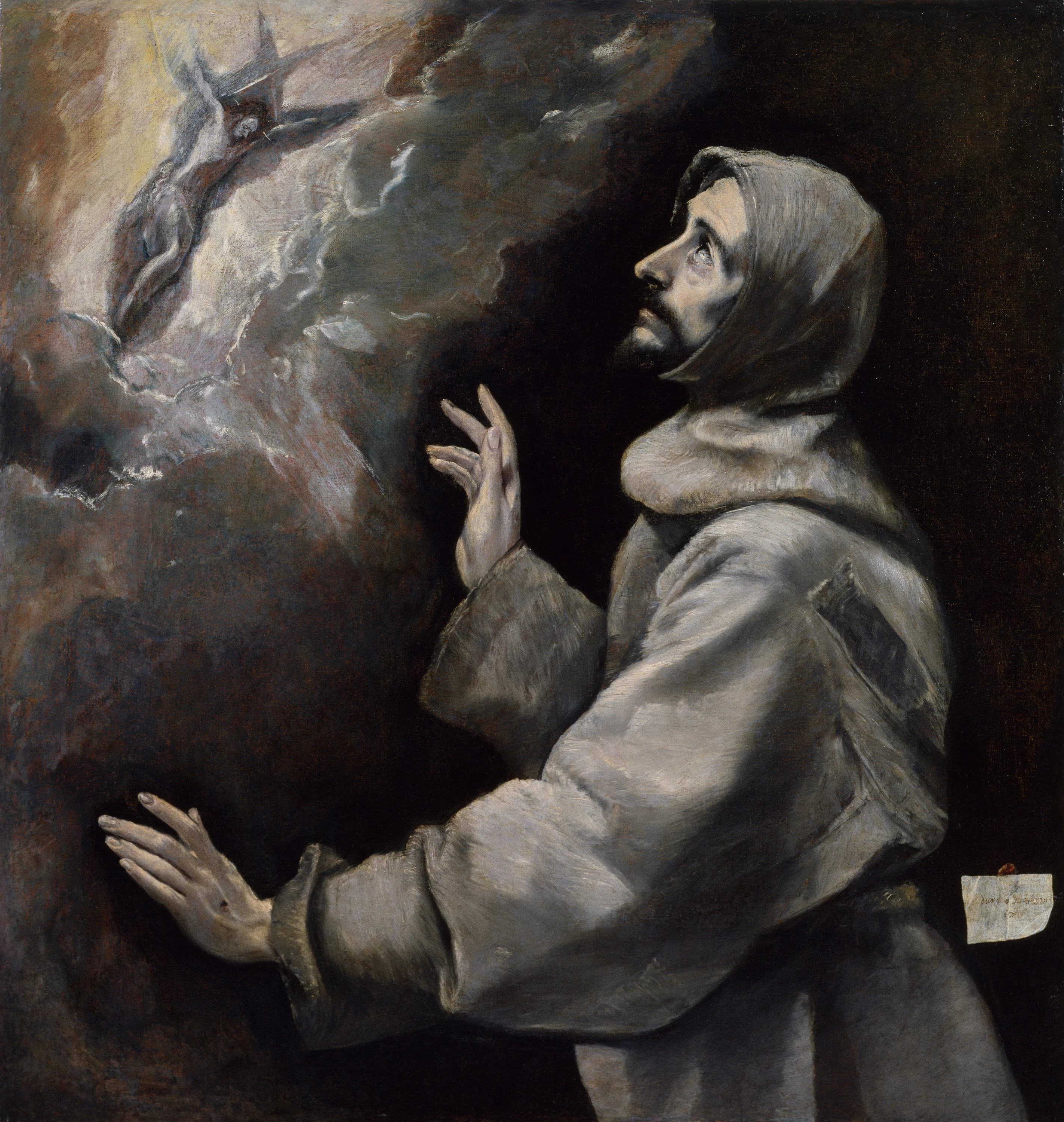
Religion and the laws of perspective.
1492 – 1600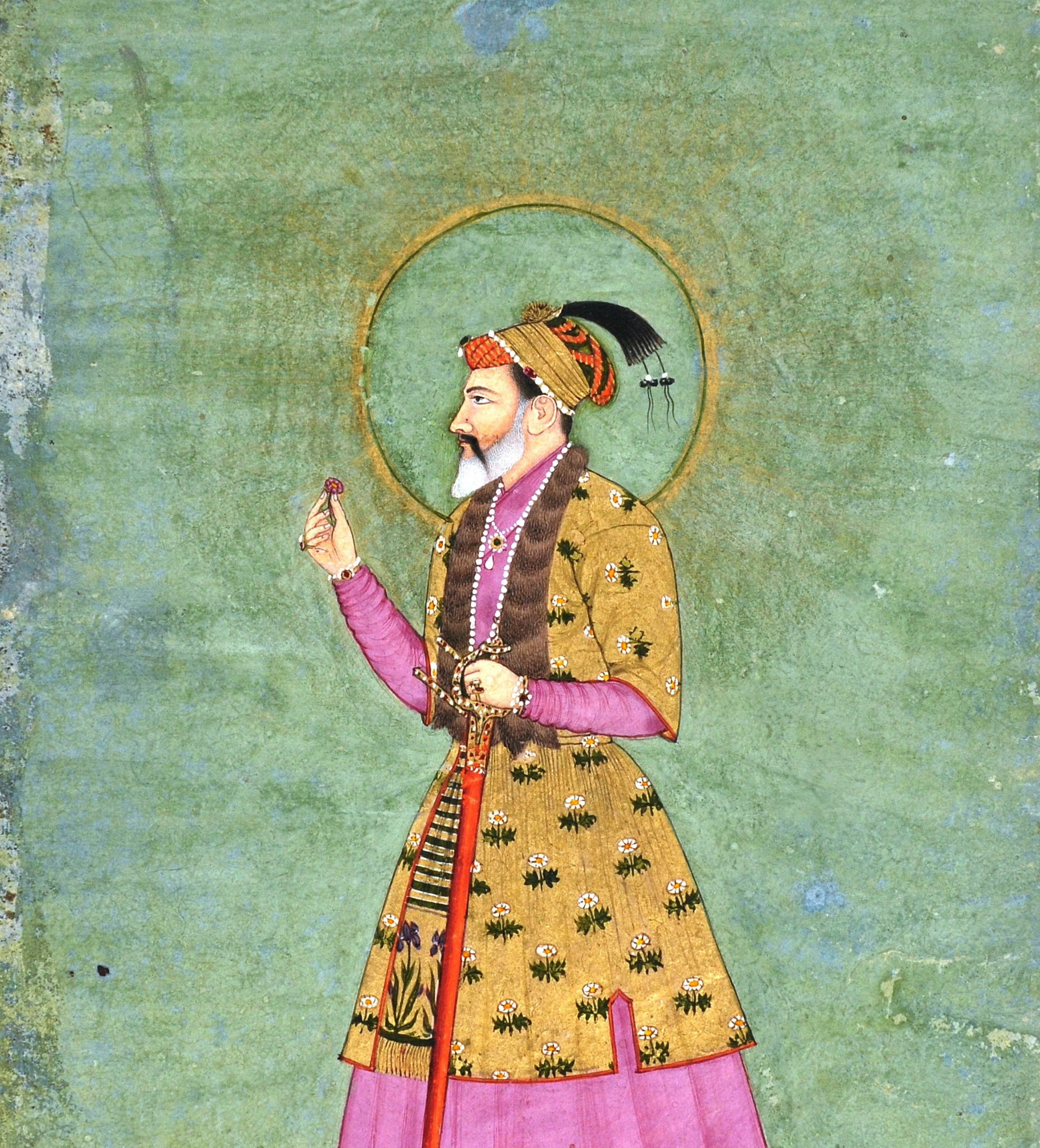
Power, sophistication, luxury and might.
1500 – 1800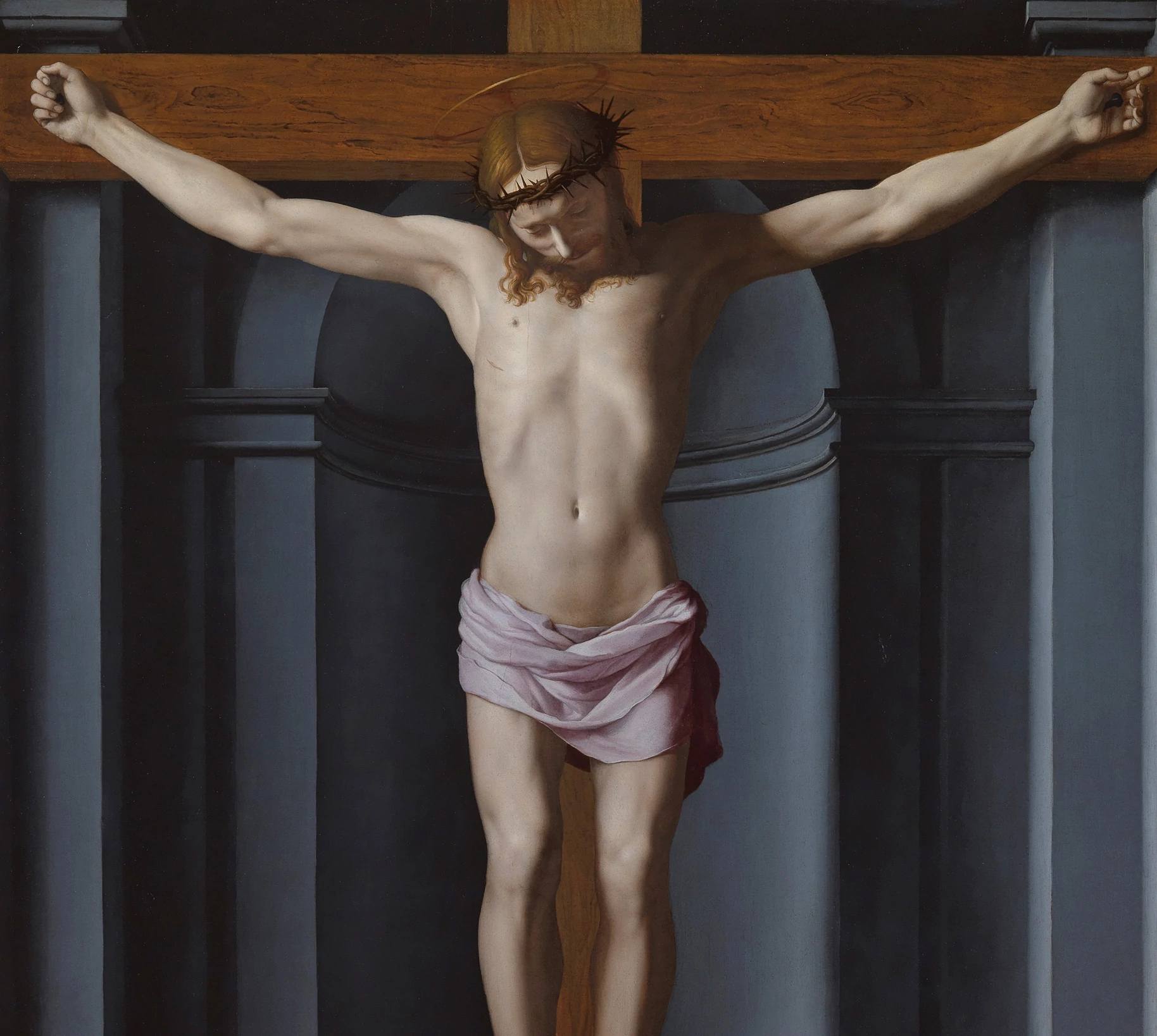
Tension, distortion and ice-cold style
1520 – 1600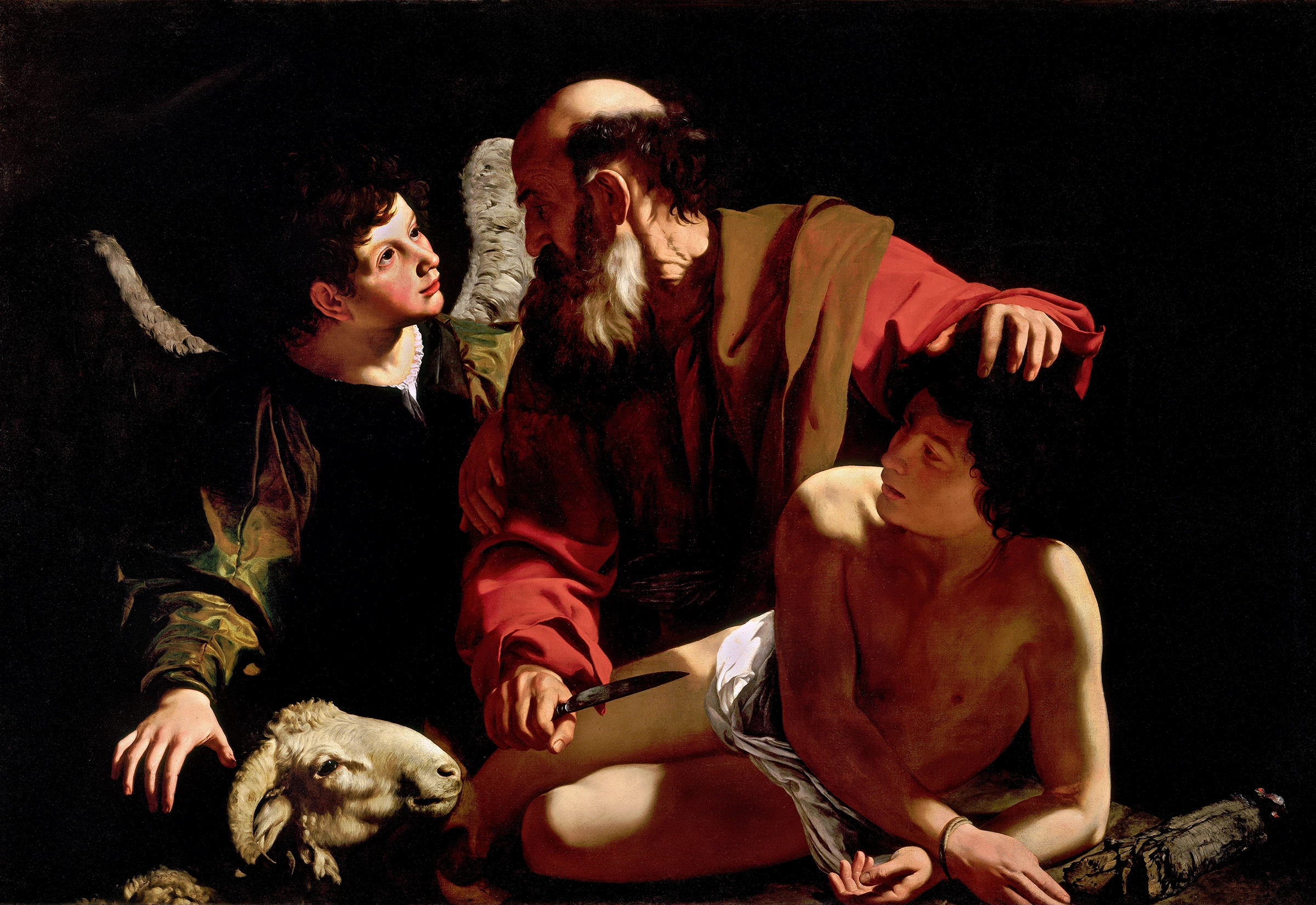
The drama of deep color and shadow
1600 – 1725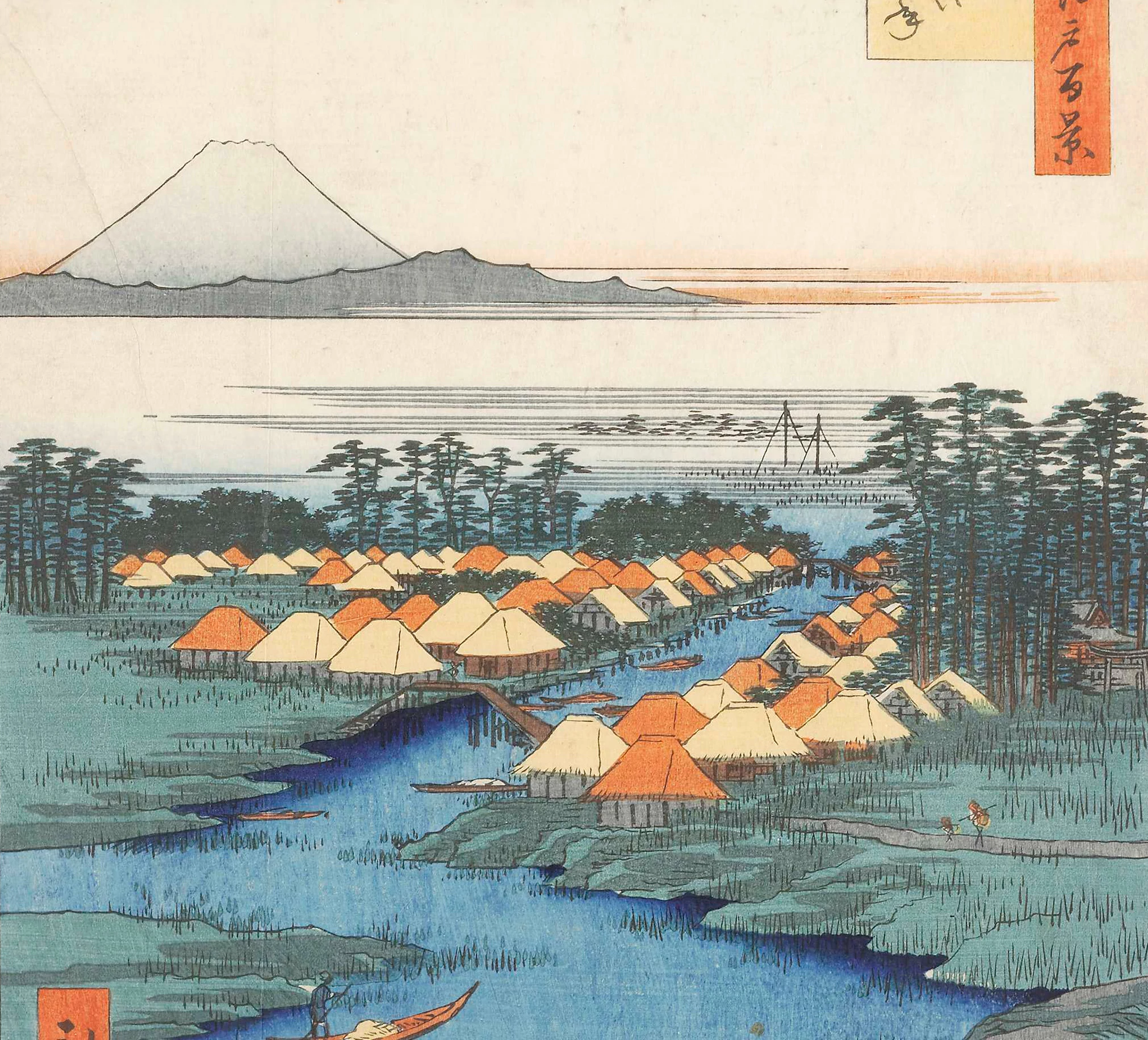
Art, culture, and NO OUTSIDERS
1603 – 1868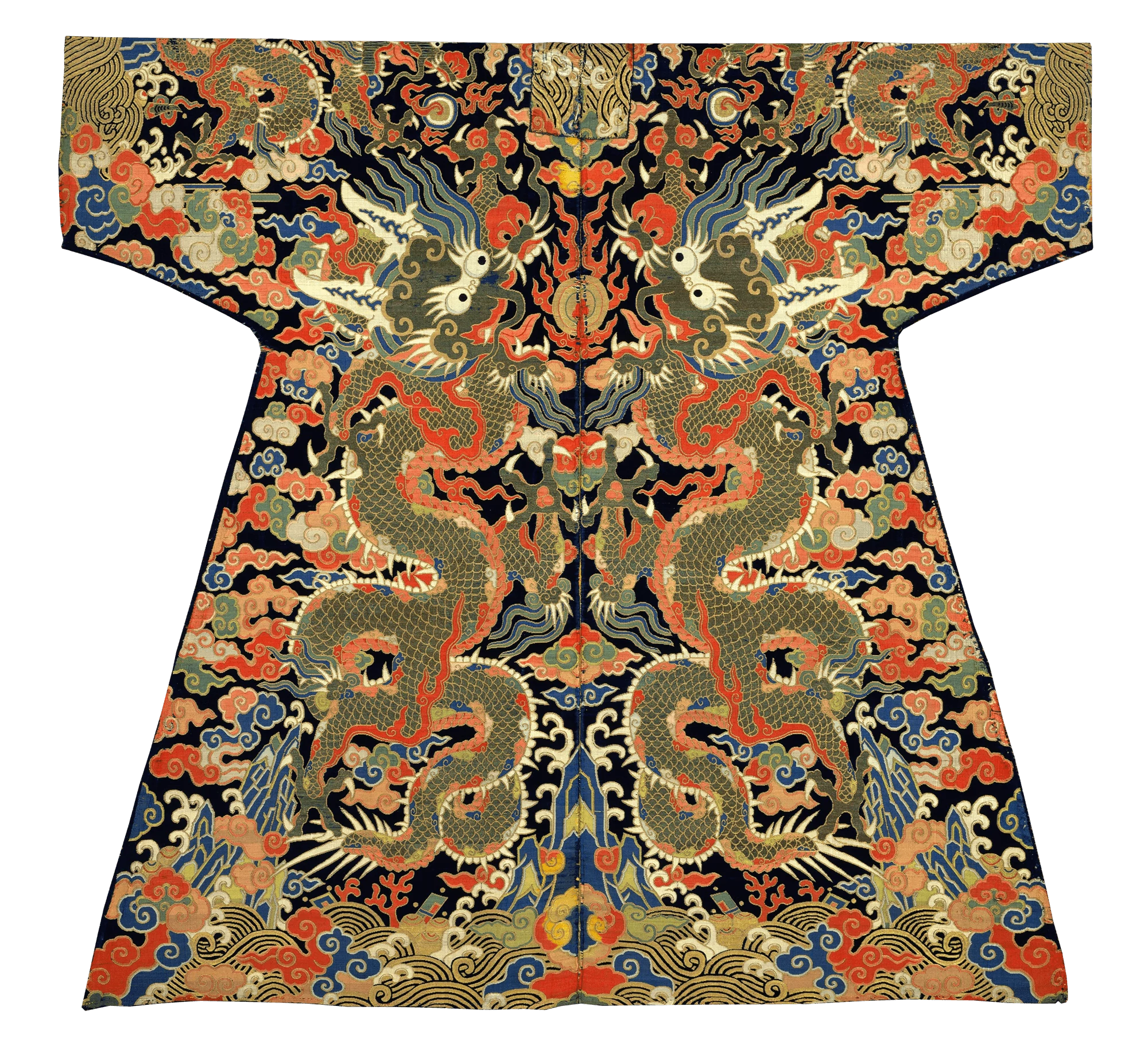
Benevolent emperors and the height of literature and art
1644 – 1912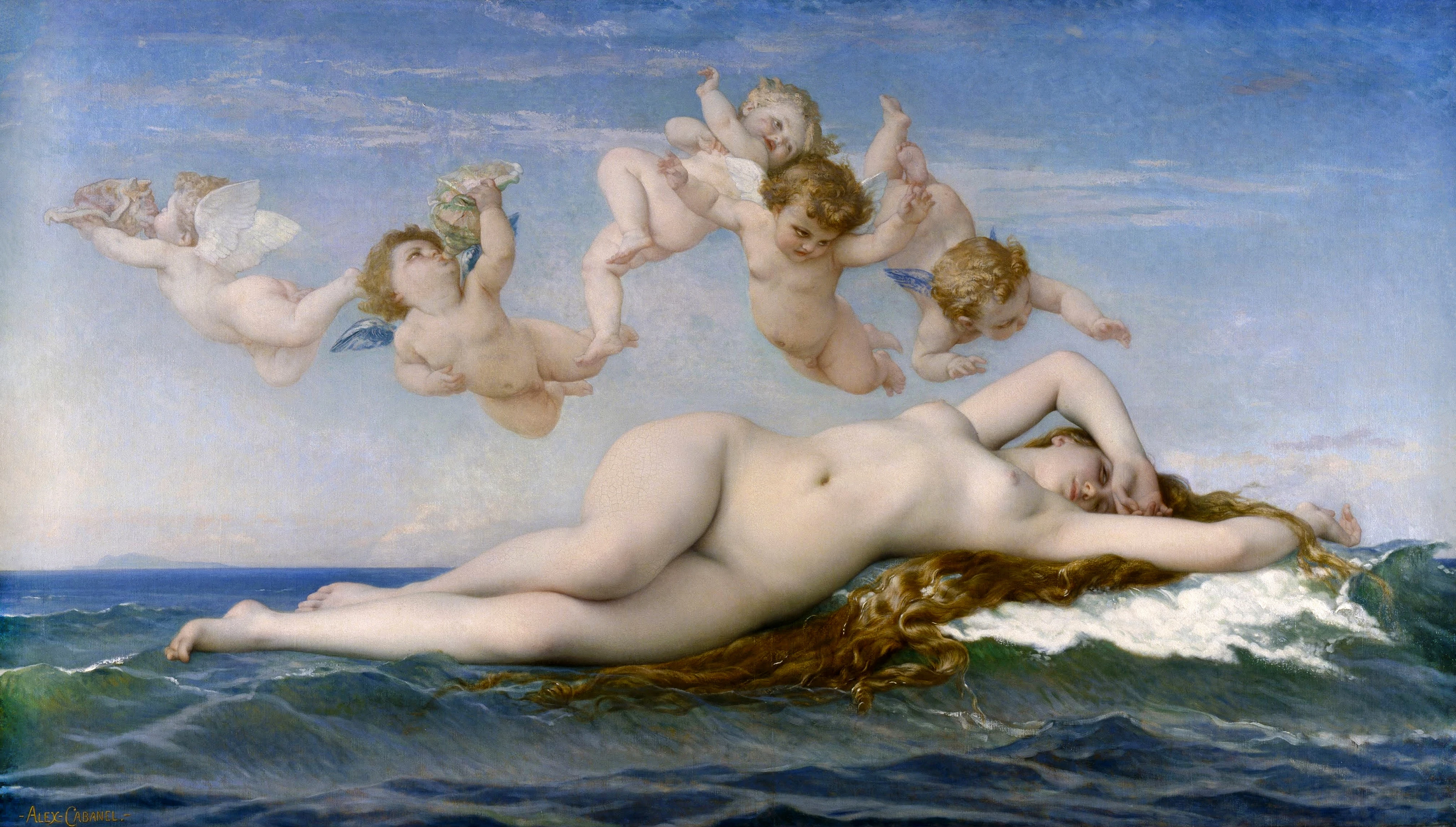
Allegory, craft, and the unrelenting dictatorship of the Academy
1661 – 1900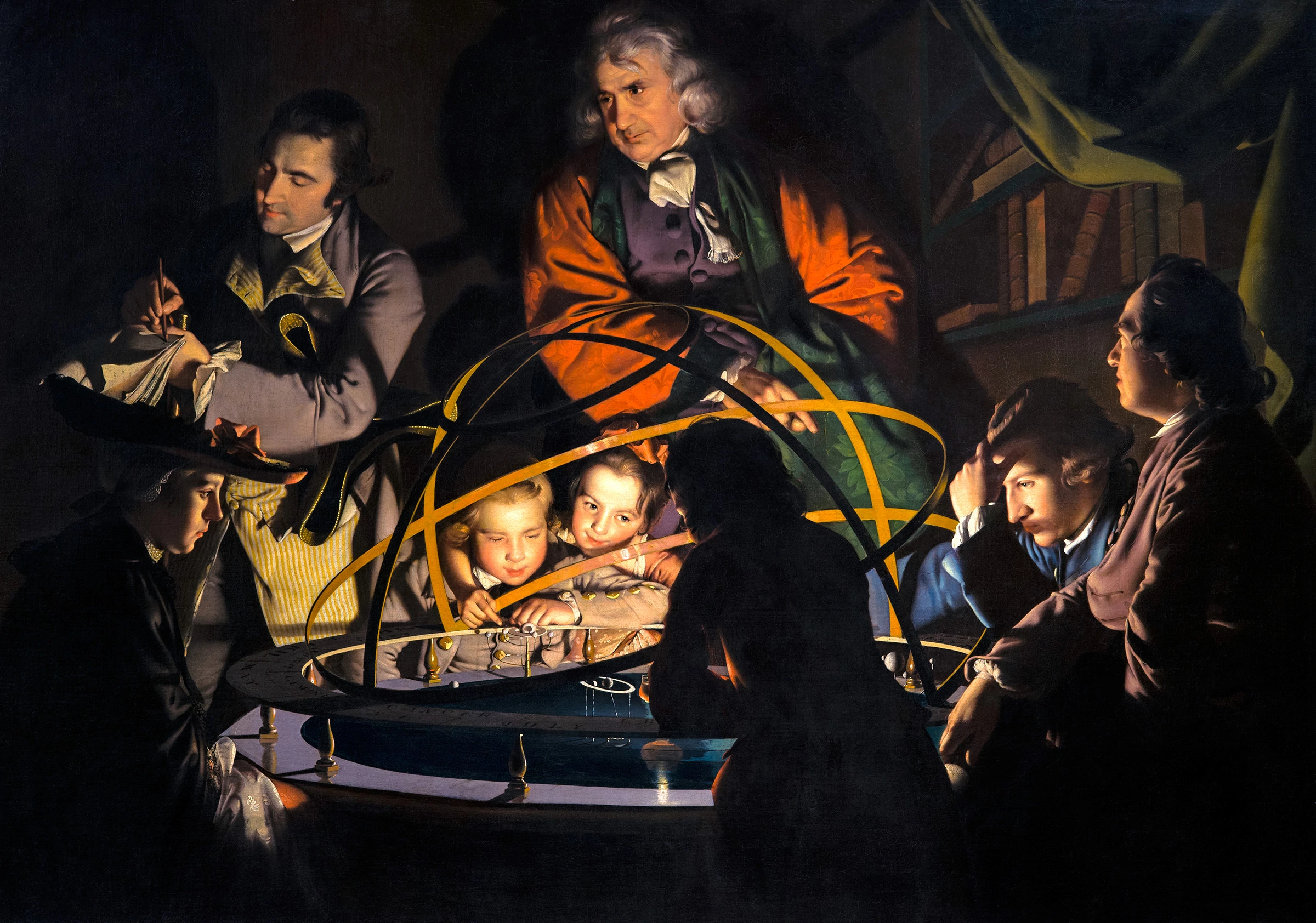
Dare to Know
1685 – 1815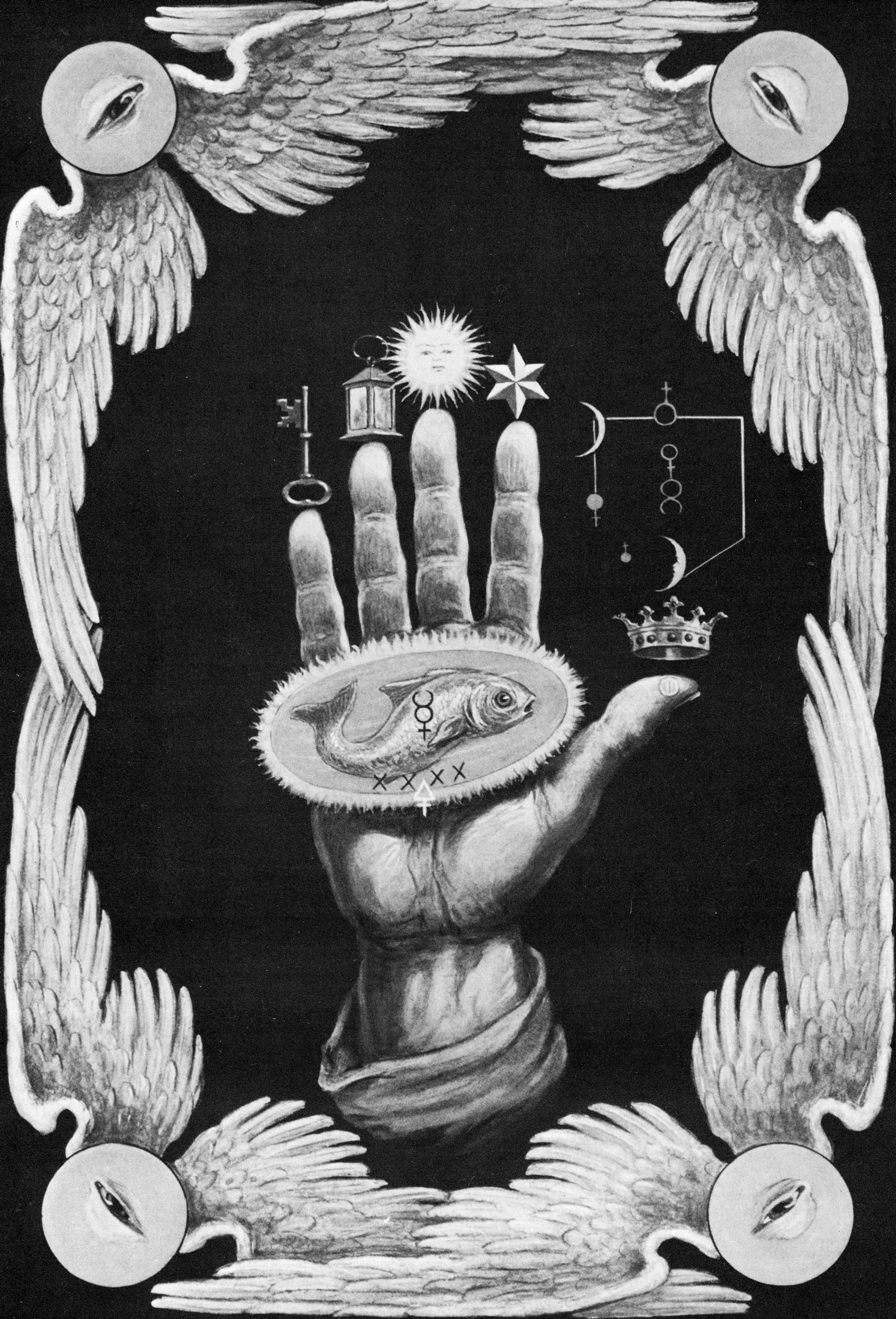
The best truth is secret truth
1690 – 1947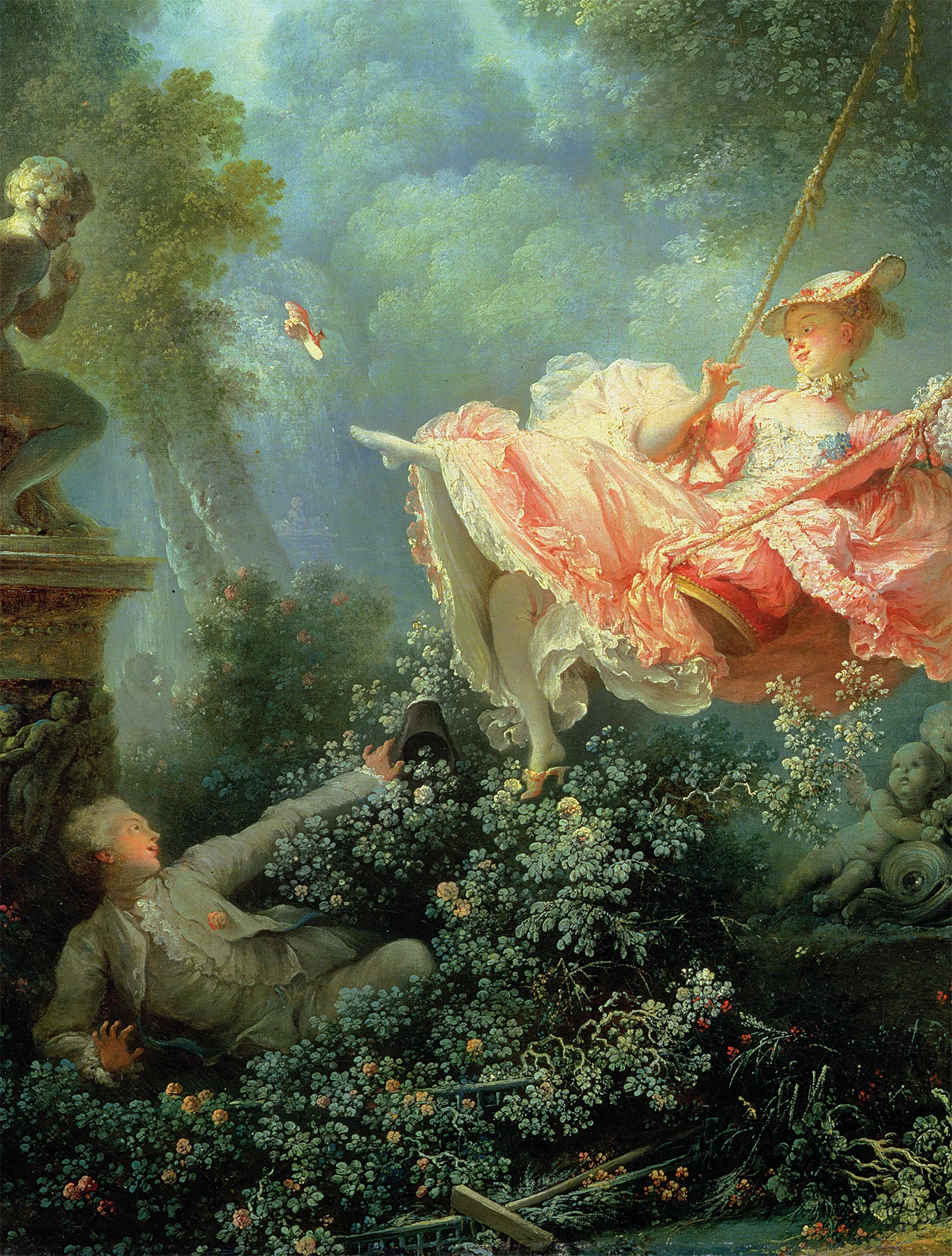
Opulent, playful embrace of the ornate — 18th century swag.
1715 – 1774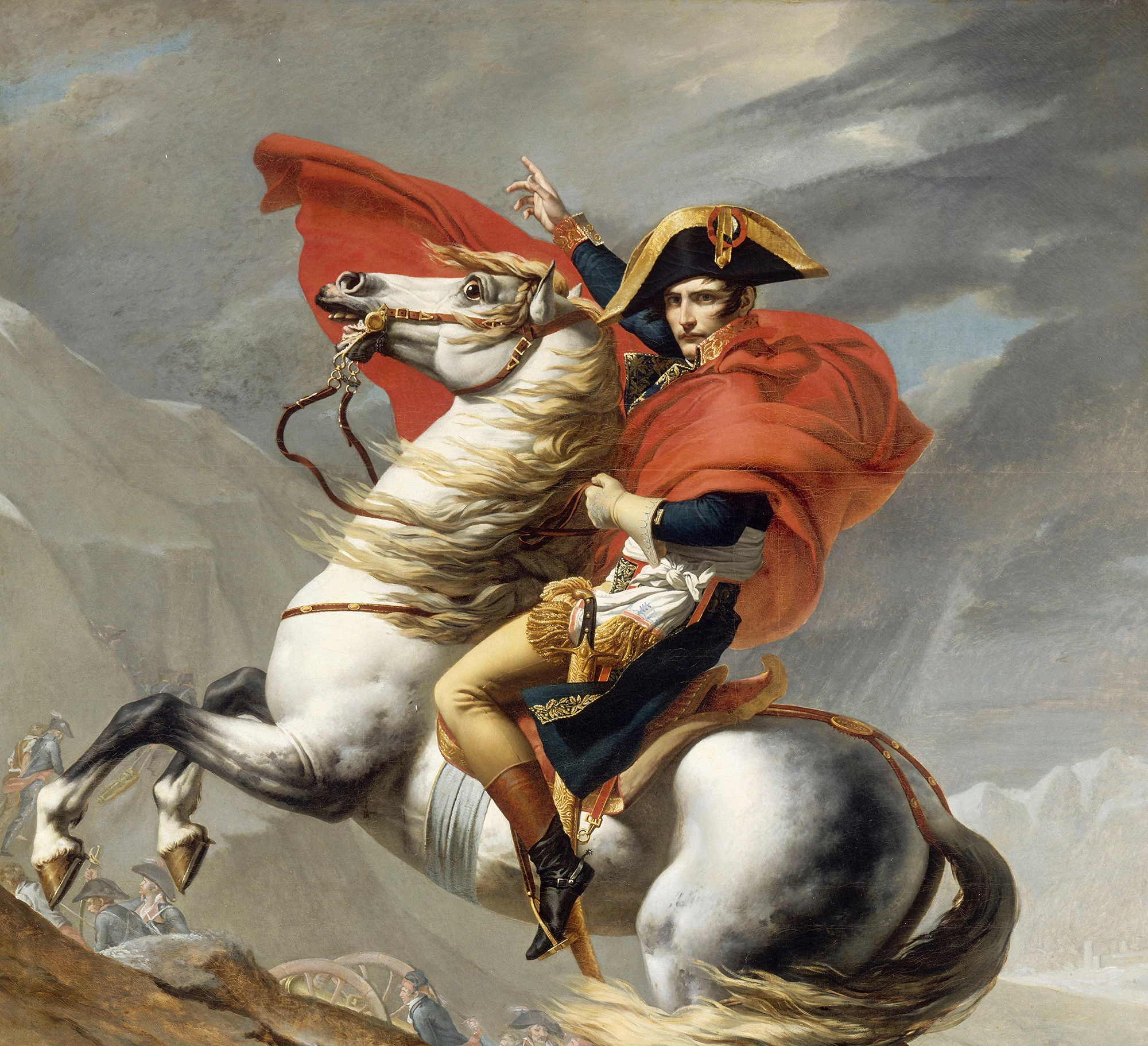
Classical ideals, tourism, and bloody revolution
1760 – 1830